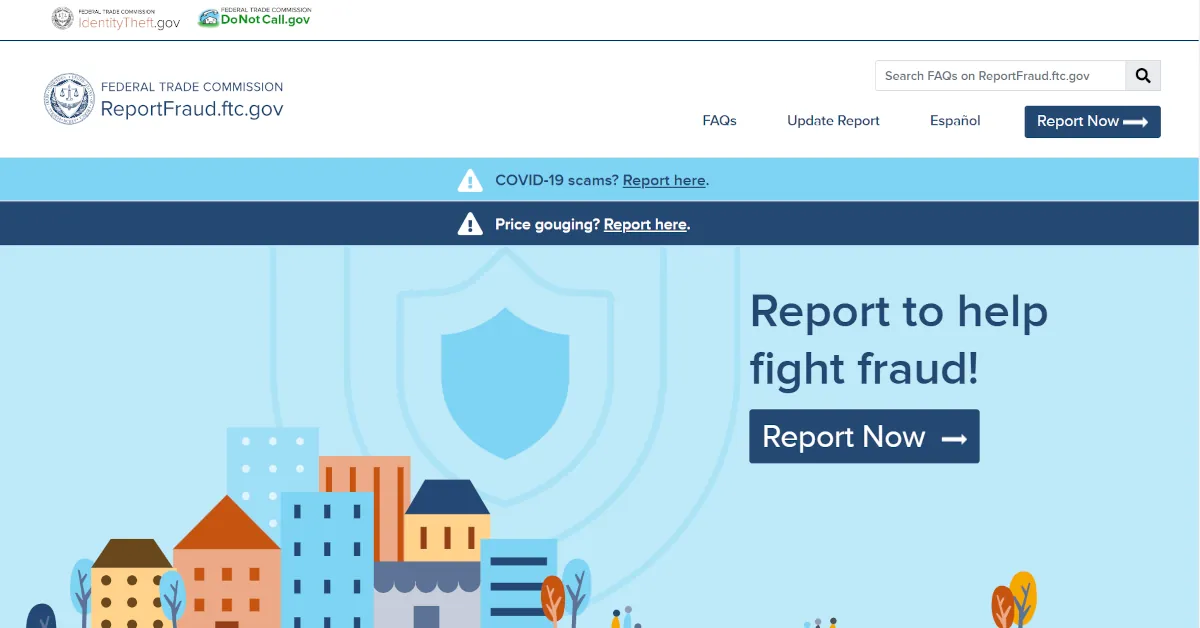Don’t Fall for Phishing Emails
The bad guys are out to fool us into giving them sensitive information for the sole purpose of stealing our hard-earned money. Phishing emails that appear to be coming from a trusted source like a major bank, Amazon, Costco, and other online accounts have gotten very sophisticated.
These emails are designed to imitate a real website with an added twist. They claim to need you to verify your identity. They are fishing for your personal information, or to get you to react to a past-due invoice. Click the link and you might be hacked!
Legitimate companies will not initiate something like this through email. They also won’t ask you to click a link to fix something.

Don’t Get Lured In
A company email policy is something that will go a long way in helping you prevent falling victim to these cybercriminals. The policy should contain a few rules-of-use every user is made aware of and required to follow. Here are 7 rules to consider using. The intent is to protect you and your assets from unintentional cyber theft.
When using the tools in the cyberworld, keep these basic tenets in mind:
If in Doubt – something just doesn’t look or feel right – CLICK DELETE. Better safe than sorry. Or call your bank or other account manager and ask if there is a problem needing your attention.
Also, if a friend or known colleague sends you something asking you to do something strange, BE SUSPICIOUS!
- Read who the sender is. Look at the From email address field. This is the first step at uncovering fraudulent attempts at harming you. Look for misspellings in the domain name. [email protected] is very close to amazon.com but will likely lead to a bad website. Read the sender’s email address. Look for obvious signs of misrepresentation. Misspellings in the domain name are common.
- As a rule, if you receive spam email – an email from an unknow sender asking you to do something – don’t click any links. Someone from a well-known free email service like Outlook, Gmail, or Yahoo and not in your address book is probably spam seeking to send more emails. Clicking a link without knowing if the sender is a friend or foe is not wise. When in doubt, CLICK DELETE! Ask, “will clicking this link be wise?”.
- Attachments can also be traps. Unless you are sure of the sender, CLICK DELETE! Don’t open attachments from known senders either unless you are expecting something from them. They could have been hacked and the cybercriminal stole their address book. If you get an unexpected email from a friend asking you to open an attachment or click a link, BE VERY SUSPICIOUS!
- Most companies will not ask for sensitive information through an email request. Again, sorry for the repeat and that we have to do this but – BE SUSPICIOUS. [email protected] is not [email protected]
- Keep your computer system updated. Your operating system, antivirus, and programs or apps should be kept up to date. New releases and patches are a constant reality of software so please keep your updates in mind.
- If the sender is threatening dire consequences for not doing something, they are playing on your emotions to get you into a kneejerk reaction. Be cautious when someone claiming to be from one of your accounts is harking disaster. It is a common scare tactic so relax and hit delete.
- Watch for mixed fonts. The text should be of one font type family and not mixed with different typefaces.
- Finally, keep yourself well informed with the latest tactics, attempts, and other news about hackers, spammers, and other bad actors trying to take advantage of you.
The best defense is to stay diligent in keeping informed and not reacting without time and thought. So, when something comes to your inbox that just doesn’t seem right, trust your instinct and check out the email with a calm head. Most likely, a block sender response is in order and then to continue with your day.
Report Fraud
What to do if you do fall victim to fraud. Call your banks and have them cancel all transactions and credit/debit cards. If you have lost any money to cybercrime, report it to your local authorities. You can also report these types of crimes to the Federal Trade Commission – FTC – here: https://reportfraud.ftc.gov/#/
Finally, stay diligent but if you do fall prey to these bad actors, take action to remediate, take steps to stop further damage, and then give yourself a break. Many of these guys have gotten to be sophisticated bandits and even some of the most studious and careful people have gotten taken in by their bombardment of fraud attempts. Live, learn, and then move on after taking appropriate action.
We work hard for our client’s success. To learn more about A and M Companies Inc and our services, click here.




0 Comments